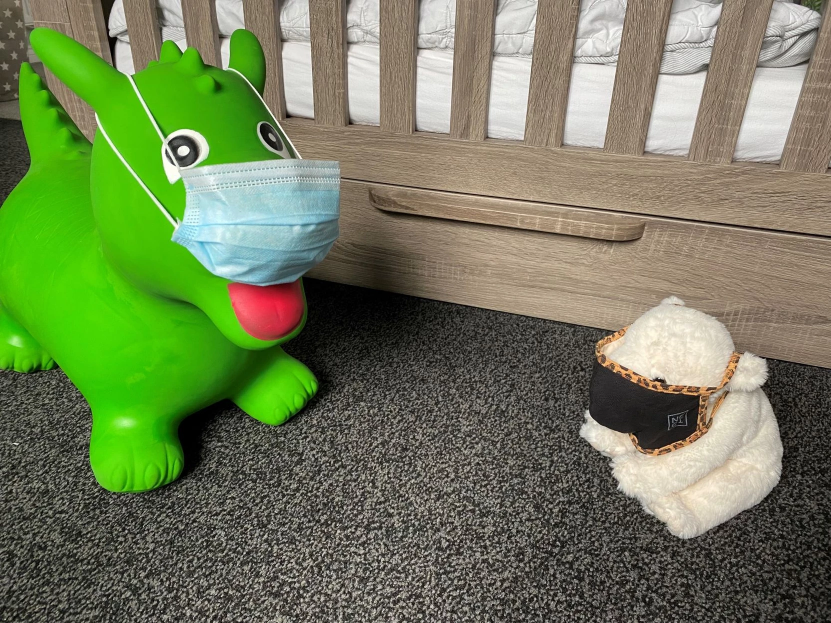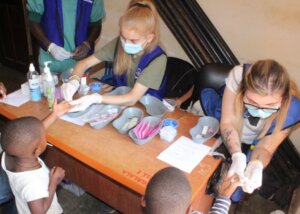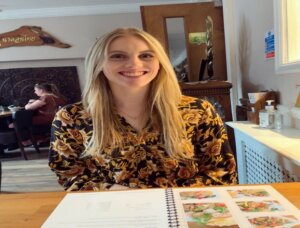This is a question I have mulled over and over in my head. What would the world look like right now if COVID had never happened? I was recently presented with the statistic that for a two-year-old child, 62% of their life has been living in a pandemic (NCB, 2021). This was particularly poignant to me as my little boy is approaching his second birthday and I find it hard to imagine a time when he was here, and the pandemic was not. He can’t imagine a life without face masks, hand sanitiser and social distancing because a world without them is a world he has never known. As we approach reduced lockdown restrictions, I will be preparing him for a world he has not yet known. The plasticity of his mind will hold the memories of his first two years forever. When I use the term plasticity, I refer to the brains ability to be imprinted by experiences – almost the way you push your thumb on a piece of blue tac and notice the outline of the fingerprint that remains. Vygotsky (1966) likened this to a piece of paper. Each time we have an experience, we create a fold in the paper. The more we are exposed to that experience, the sharper the crease becomes. The more we repeat the behaviour, the easier it is to replicate. The more it is deep-seated in our brains.
For our pandemic children, we see these creases replayed through their play. We have seen teddies wearing face masks, board games played over zoom, children in playgrounds playing a social distancing game where one person has COVID and the other children have to run away – if they are touched they get ‘infected’ and have to chase the others. These changes we see in play are more than just a child’s observation of the pandemic. Play is a child’s way of feeling, doing, being; they show us how they see the world and how they see themselves through their play.
Historically, many pandemics and significant events have stayed with us through nursery rhymes and children’s games. Its widely believed that ‘ring-a-ring-a-rosies’ is a depiction of the bubonic plague, ‘a pocket full of posies’ representing the flowers that were carried around to masks the awful smell. We still sing these rhymes today without even knowing the impact that these events had on the lives of children. We can’t imagine living through those events. But, can we imagine if COVID-19 never happened? Is it deep-rooted in our imagination forevermore sitting as a fingerprint on the plasticity of our synapses? We do not yet know the full impact of the pandemic on our children, but we do know that there WILL be an impact.
Can we flip the narrative? Can we consider the creases in the paper of our children’s mind that we never had as children? The changes in the children’s play, the emergence of ICT skills in even some of our youngest children, the ability to ‘connect’ without physical closeness. Its hard not to look at the pandemic through the bleak and worrying lens that has been created but is it possible to consider the alternative? Vygotsky (1966) also writes about combinatorial or creative activity. This is where we might use the imagination to draw a mental picture of something that perhaps doesn’t exist. He argues that in order to do this, we must still reproduce previous experiences and impressions. An example would be if we wanted to imagine a suitcase with horse legs. This does not exist, and we could not call upon an imagine of this that we have seen before – however we have seen a suitcase and we have seen a horse so we are able to use our recall skills to create the new imagine in our minds. Could we consider that there might be a small part of the pandemic experience that has enhanced our children’s learning and development? Perhaps we can consider enrichment in the combinational imagination, a new set of experiences and activities that can be used to devise new ideas and images.
With all of this in mind, I go back to my original point, ‘can you imagine a world without COVID-19’ and perhaps more interestingly, ‘will our children ever forget?’.




